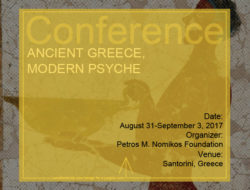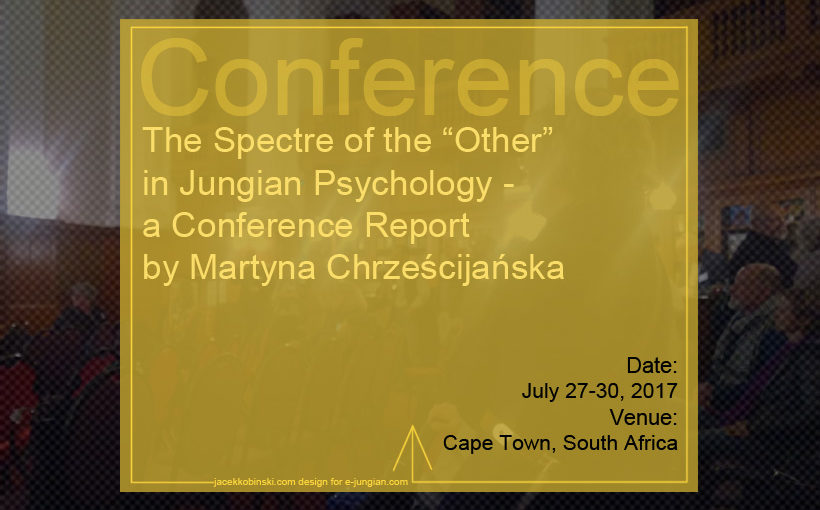The Spectre of the “Other” in Jungian Psychology,
July 27-30, 2017, Cape Town, South Africa
Africa is a place with a long tradition of othering. The title of the conference held in Cape Town, “The Spectre of the Other” could not be more relevant. Probably the need of addressing othering in the place like Cape Town is a symptom of an underlying urge in Jungian Psychology to return to what has been neglected or even denied by the Western psychology for centuries. And this is a difficult relation between African traditional culture(s) and Western culture(s) – with all possibilities that the meeting of these two brings and – what is more difficult to think but necessary to address – shadows of racism and colonization.
Indeed, the conference was dominated by the dialogue between traditional African culture and Jungian psychology. The context and not the content is what matters. If this conference was special it was not because of the presentations that were given – it was the place and unique meetings between people, things that were said between presentations or during discussions.
Since the beginning of Jungian psychology it has been said and discussed a lot about theory and clinical practice. However, it has not be done enough when it comes to political and social practice. The title of the conference in Cape Town is symptomatic – the spectre of the other, or othering, cannot be understood and experienced merely on the ground of the theory or even clinical experience. Othering is not purely psychological or philosophical phenomenon – it is a political and social reality that is also present in psychology as it is, what cannot be forgotten, a part of political and social practice.
The conference was opened with the ritual led by Lily Rose Nomfundo Mlisa. Mrs Mlisa is both a psychologist and a traditional healer. The topic of relation between traditional healing and psychology was a recurring theme during the conference. The interesting thing was that the audience (dominantly the psychotherapists and academics) initially reacted with some resistance and uncertainty. For most of us singing and holding hand is not something that can be expected at the conference. Indeed, on a small scale, it was an encounter with “the other” – anything that makes us feel uncomfortable or even scared. Jungian analysts tend to think in terms of rituals and symbols but usually only when they are already ‘westernized’, filtered by familiar categories of thinking in psychology.
The three keynote speakers’ presentations opening the conference were symptomatic as well: Fanny Brewster in her presentation “In Remembrance and Celebration of Other” gave a strong voice of the African diaspora in America from a perspective of a psychotherapist working there. Lily Rose Nomfundo Mlisa gave a personal testimony of becoming both a healer and psychologist, while Andrew Samuels raised concerns about Jung’s way of writing about people of colour, especially Africans and, in general, involvement of Jungian psychology in colonial thinking and practice. This issue was addressed previously in Kyoto in 2016. This issue was addressed previously in Kyoto in 2016. In Cape Town it was discussed on the first day of the conference, and it was one of its most important moments. In many ways, it gave it a direction. In many ways, it gave it a direction.
Jungian psychology still has much to do in order to recognize its colonial status – it is a Western and modern theory, and although it may be in a dialogue with traditional healing, it cannot replace it. Psychology cannot be thought simply as a modern version of traditional healing as in this case it would risk promoting evolutionary and supremacist views in which psychology is modern, hence better, version of the old practice. Secondly, Jungian psychology, although interested in other cultures and traditions, seems to have problems with the real understanding of the displacement experienced by many people of colour. Still dominantly “white”, “wealthy” and “privileged” it needs to put even more effort into reflecting on its own status. The conference in Cape Town was an excellent opportunity to think about Jungian psychology’s status but still a lot has to be done: it is not merely about re-thinking the privileged status of modern psychotherapy (and, in many respects, its inaccessibility) but also taking an action as psychotherapists tend to get trapped in the containing and safe space of their consulting rooms or ‘the inner world of experience’.
My impression was that these issues were addressed during the conference although very often not in a direct way. Andrew Samuels, in his final presentation, pointed out the necessity of involvement of Jungian psychology in social activism. He also noticed importance of academic analysis for Jungian psychology.
South Africa, the country of the extreme beauty but also social divisions, was a perfect place to address many crucial issues that have been neglected and denied by Jungian psychology; such as racism, political and social inequality and division, or inaccessibility of psychotherapy for many people. At the same time paradoxically, the conference, held in a cosy space of the Centre for the Book in the centre of Cape Town, was alienated from the social reality of South Africa. It also remained inaccesible for those who could have not afforded to pay high conference fees. These might be symptoms of the shadow that Jungian psychology still needs to face.
ABOUT THE AUTHOR
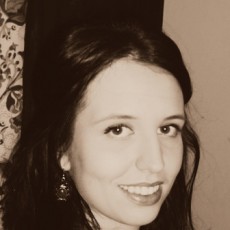 Martyna Chrzescijanska is a PhD student at University of Essex, Department of Psychosocial and Psychoanalytic Studies, also graduated from (MA) Refugee Care, University of Essex. Martyna is mostly interested in the unique combination of psychotherapy and cultural diversity, phenomenology of space, art and recollection of memory. She has been engaged in several international projects in migration, equality, education and cultural diversity fields, such as the European Youth Event (Strasbourg 2014), the Peter Drucker Forum (Vienna 2015) or “A Sea of Words” Short-Story Contest (Barcelona 2015).
Martyna Chrzescijanska is a PhD student at University of Essex, Department of Psychosocial and Psychoanalytic Studies, also graduated from (MA) Refugee Care, University of Essex. Martyna is mostly interested in the unique combination of psychotherapy and cultural diversity, phenomenology of space, art and recollection of memory. She has been engaged in several international projects in migration, equality, education and cultural diversity fields, such as the European Youth Event (Strasbourg 2014), the Peter Drucker Forum (Vienna 2015) or “A Sea of Words” Short-Story Contest (Barcelona 2015).
PHOTO GALLERY
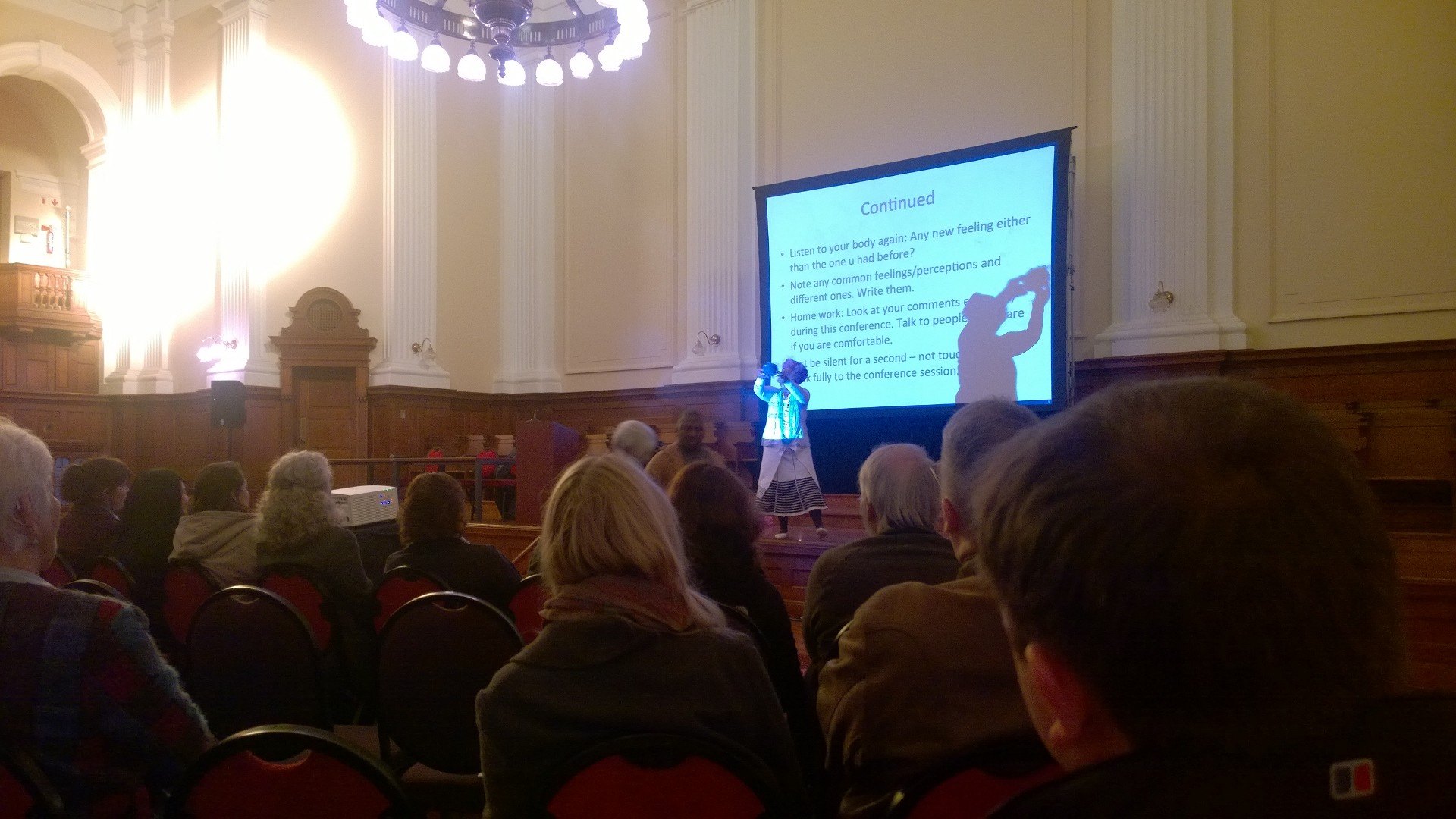
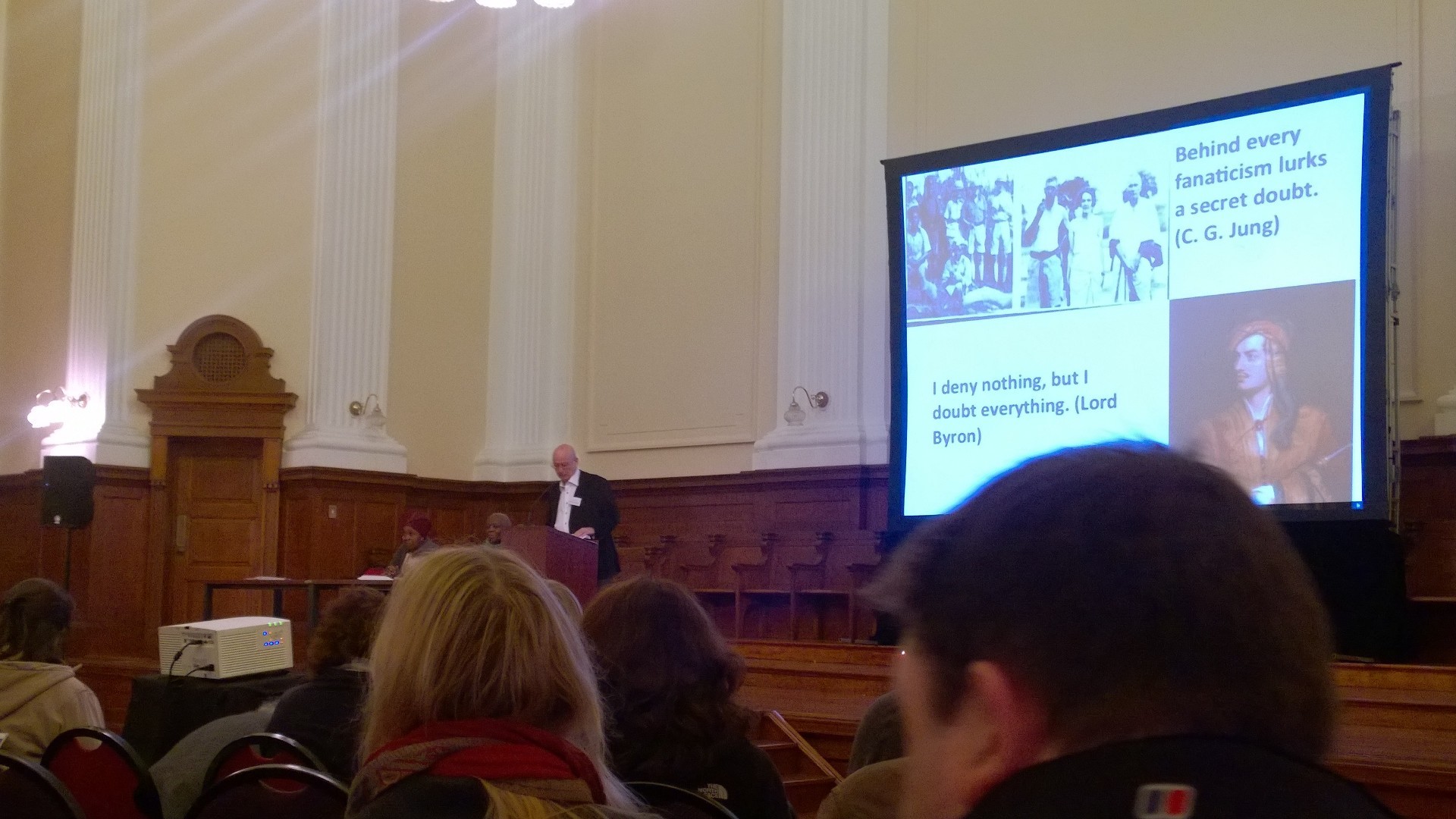
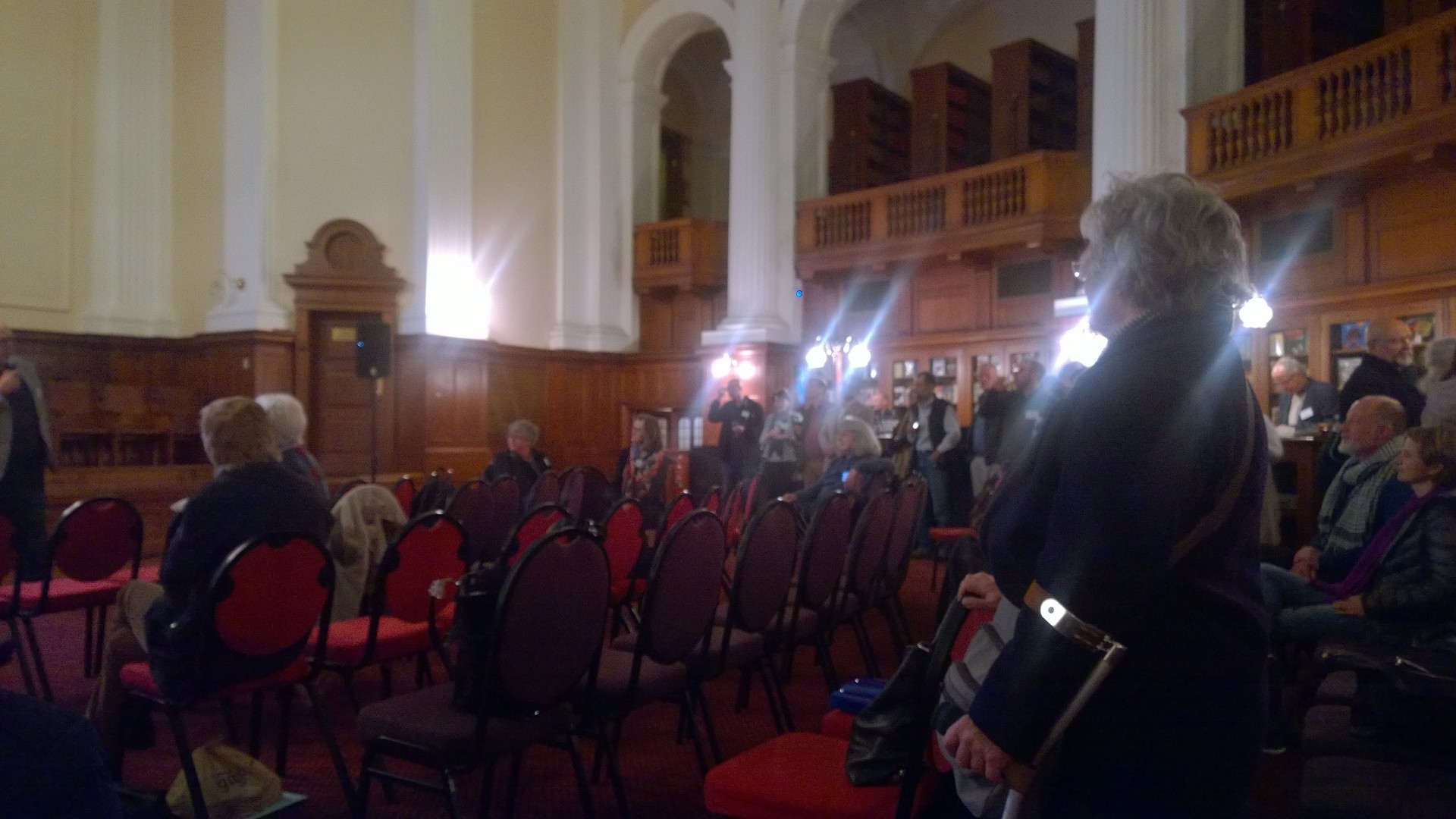
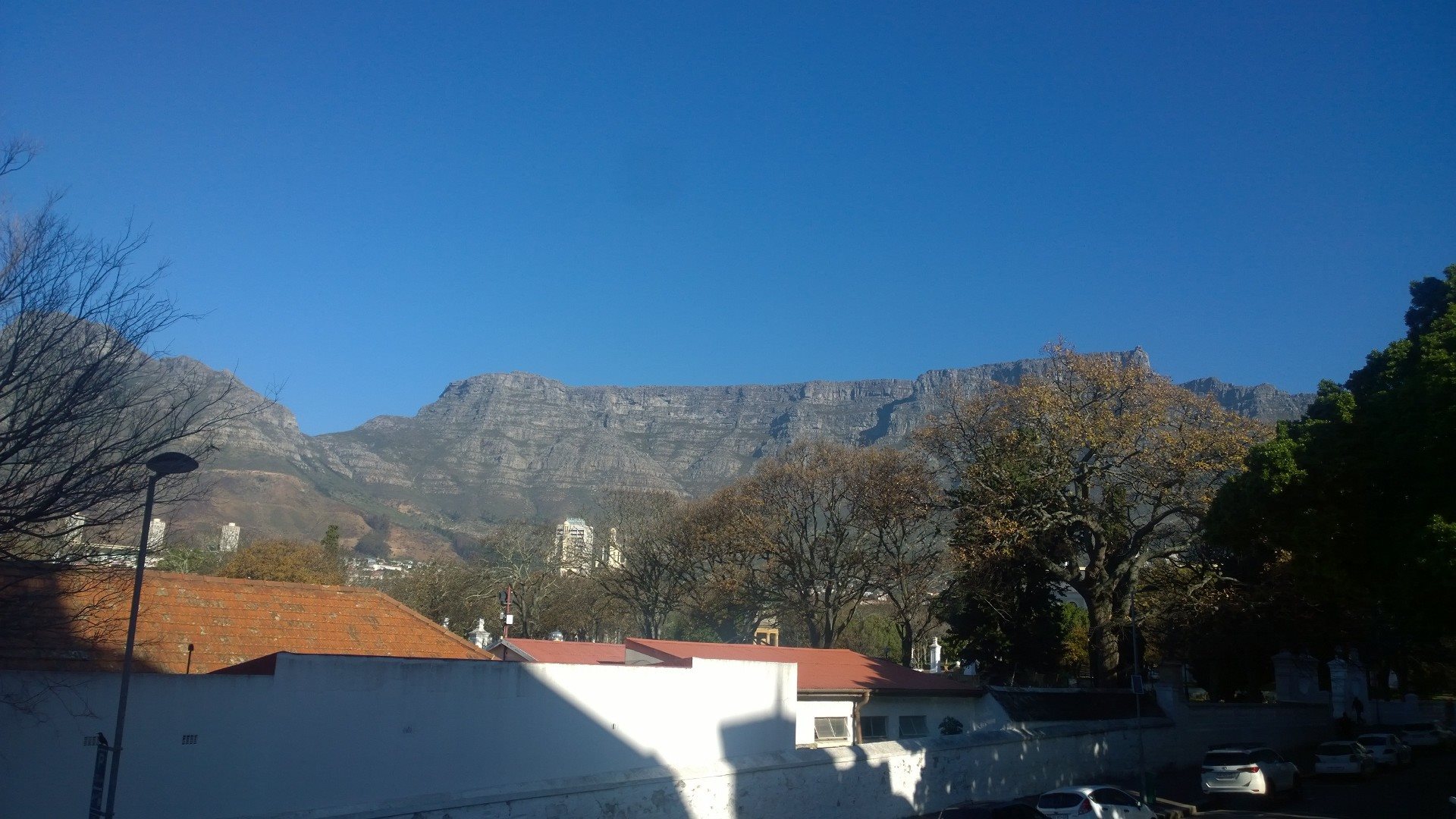
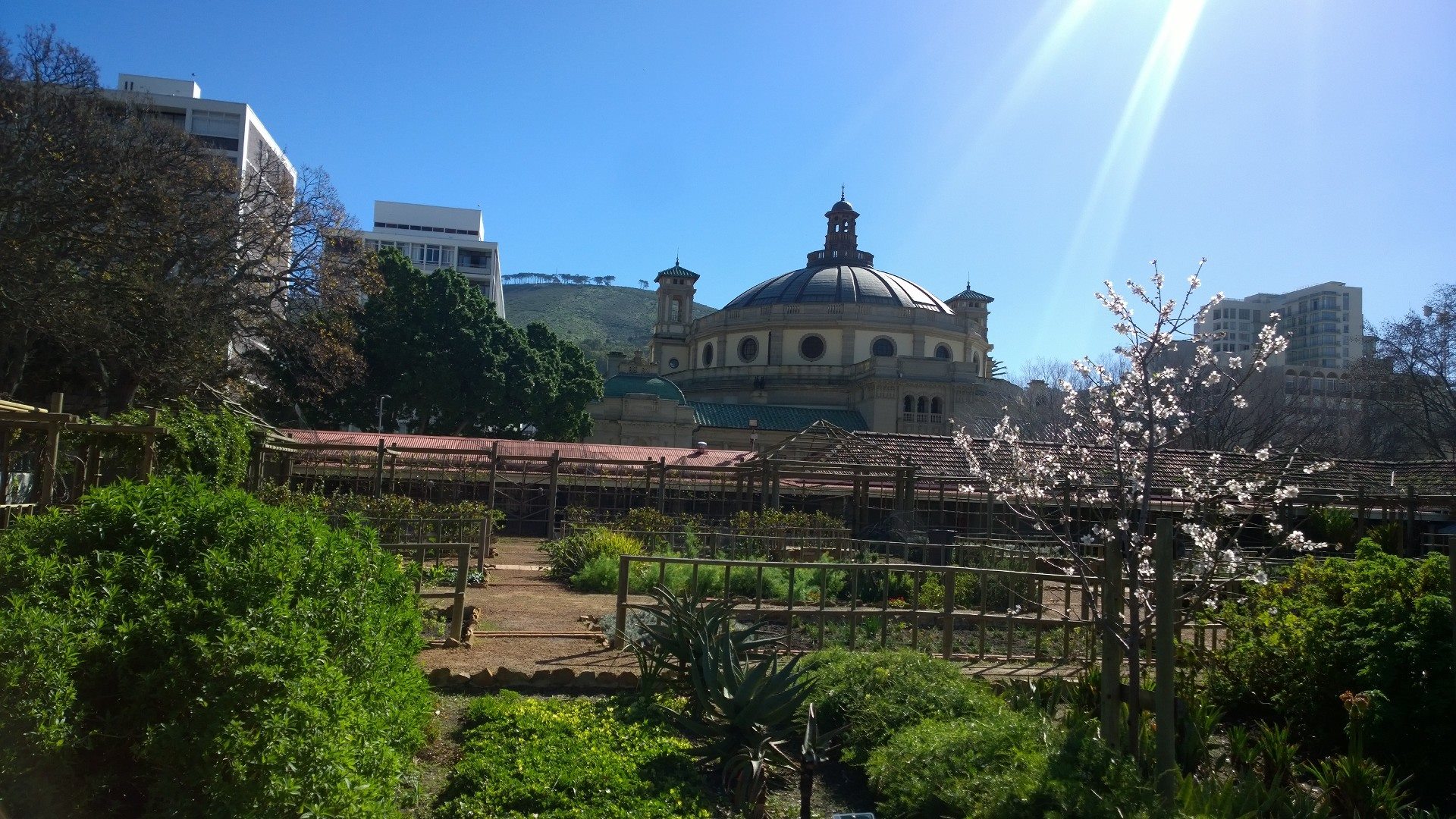
* All images are courtesy of the author
Tags: Martyna Chrzescijanska, other












